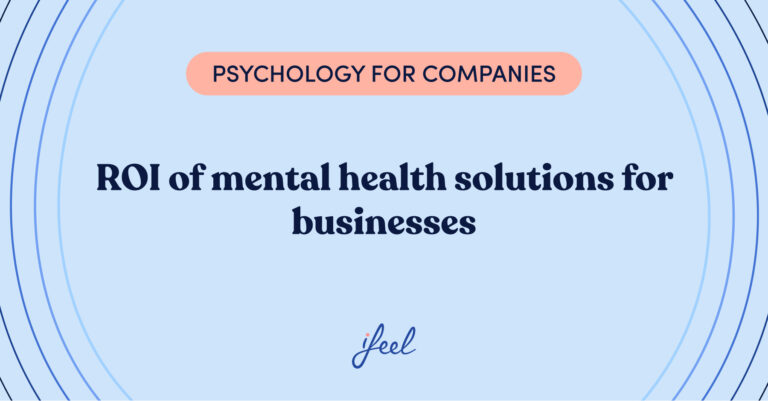Having specific professional skills is essential to perform our job functions and responsibilities. There are not many other ways to achieve the objectives set by our company.
Every job, therefore, requires the person who performs it to have sufficient talent to carry it out. However, it is essential to emphasize that this talent is not reduced to a kind of “gift” or ability that the employee possesses as standard and with which they arrive at the company on the first day and do not develop any further.
On the contrary, it is also something that all employees can develop to some extent, provided that we have the opportunities to do so and that we feel sufficiently motivated at work to want to do so. Otherwise, what would be the point of talking about talent development strategies beyond attracting and retaining talent?
Therefore, in this post, we discuss the different types of professional skills that we all possess and must develop to contribute to the success of the organization we work for.

Professional skills: soft skills and hard skills
We could make an endless list of professional skills. We could also propose several complex classifications of these skills. We won’t do one or the other because sometimes simplicity is the virtue: let’s do it by analyzing the classic division between soft and hard skills.
Soft skills
Soft skills are those abilities of a psychological nature and which, therefore, have to do with what we call – in the colloquial sense – ” the way we are”: personality, attitude, people skills, interpersonal skills that have to do with empathy, communication, the ability to know how to behave in different situations, or the ability to manage and interpret the emotions of others and adapt to different social situations.
The world of soft professional skills could be infinite, given the complexity of human beings. Everyone wants their employees to be patient but driven, creative but calm, discreet but participative, hard-working but good colleagues.
Good thing these professional skills are soft skills, right? To narrow this field, every employee and HR manager needs to look critically at which job skills are essential for a particular job, rather than searching for the ideal worker and placing unreasonable expectations on employees and how they should be and behave.
We must seek and enhance the right professional skills for a particular position or company. Of course, it is not the same to work designing videogames as handling viruses in a pharmaceutical company or managing the purchase and sale of works of art in an auction house.
Some positions allow – even require – rather expansive characters, while others need absolute discretion. Some jobs require creativity, even in clutter, while others do not create but order, classify and protect. Each position requires profiles with specific professional skills that, in turn, are in line with the company’s corporate culture.
Hard skills
Hard professional skills are strictly technical, academic, and procedural: our knowledge and skills related to the tasks we have to perform or others are not directly related, but we could also put our performance at the service.
These “hard” professional skills are the ones we most readily associate with explicit, concrete, and conscious learning situations, so training programs oriented to reskilling and upskilling usually focus more on these than on soft professional skills. The aim is to encourage employees to learn and update their technical skills to contribute to the best of their talents at any given time.
In this sense, it is essential that companies are not only concerned with demanding that their future and current employees have abundant and high professional skills. On the contrary, organizations should consider training as a necessary productivity-enhancing strategy for all workforce members, regardless of the position they hold or the department to which they belong. They must offer the people who are part of their teams: opportunities and means for training, improving, and enhancing their various professional skills.
In short, we cannot ignore the fact that training is a means of fostering corporate well-being. It increases employees’ confidence in their abilities and the level of performance they can offer; it is a benefit that the company makes available to them, even if their results will benefit the company and possible future positions they may hold.

Emotional well-being for companies
At ifeel, we know the importance of having a healthy team. We value people’s professional skills and want to help our partner companies make the most of their staff’s talent. Our team of psychologists specializing in workplace well-being has created an emotional well-being program for companies to help them improve talent retention, reduce absenteeism, and tackle employee stress.
With this partnership, your company’s HR managers can receive personalized, data-driven advice on how to improve their teams’ psychological well-being. In addition, this program offers employees a 360º mental health care service structured at different levels according to their needs. Try our program today to see how it could help you.
Don’t forget to check out our Resources section. You will find plenty of content like podcasts, HR Guides, or interviews with top HR managers. In addition, we have a Psychosocial Risk Factors Template, download it and use it to comply with the requirements of the Labor Inspection.
If you found this post about professional skills interesting and want more information about our emotional well-being program for companies, simply request it. We will contact your team as soon as possible.











